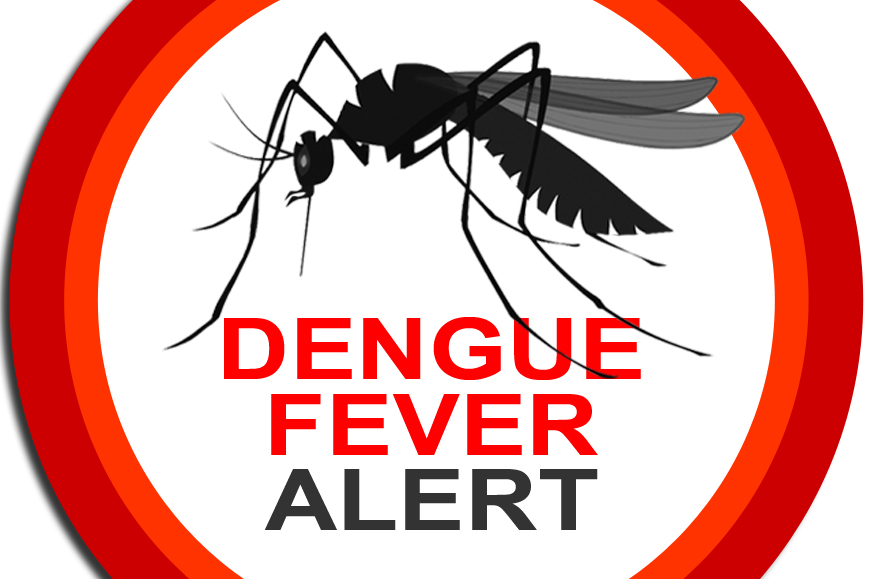The Sokoto State Government has issued preventive measures to address the rismg concerns about the resurgence of Dengue fever in the state.
This development is part of a recent public advisory statement signed by Hajiya Asabe Balarabe, the State Commissioner for Health, issued to the media in Sokoto on Sunday.
Balarabe stated that although no deaths or bleeding cases have been reported so far, the state Ministry of Health was urging the residents to take preventive measures seriously to curb the spread of the viral illness.
She explained, “In recent times, the Ministry of Health in Sokoto received reports of fever cases in many parts of the state that were not responding to standard malaria treatment.
“The ministry collected samples from the affected cases, and the results indicated the presence of the Dengue virus in some cases,” she said.
The commissioner said it was worth noting that similar incidents occurred in the state in 2016 and 2019.
“Therefore, it is crucial that we all take steps to prevent the spread of this disease.
*Dortunately, no bleeding or fatalities have been reported from any case,” she added.
Balarabe emphasised that Dengue fever was a viral illness transmitted by the Aedes mosquito, characterised by symptoms such as high fever, severe headache, joint and muscle pain, and general weakness.
She urged the public to take necessary measures to eliminate mosquito breeding sites and encouraged the use of insecticide-treated nets for sleeping.
“We should also maintain personal hygiene by wearing protective clothing and ensuring cleanliness.
“Furthermore, spreading awareness and educating our family, friends, and neighbors about preventive measures is essential in the fight against the disease,” she urged.
Balarabe further urged the public to seek medical attention and directed health workers to be vigilant in diagnosing Dengue fever and providing appropriate supportive measures.
The commissioner reiterated that Dengue fever was a preventable disease, adding,” by taking simple precautions, the impact on the community can be significantly reduced.”

